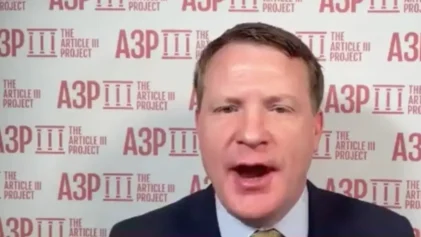
AFP/Sulphur particles in diesel emissions have been linked to a range of health problems
A recent report revealed that European companies were exploiting weak regulations in West Africa to export fuels with high levels of sulfur. However, Nigeria, Benin, Togo, Ghana, and Cote d’Ivoire have agreed on an import ban to address the issue.
The UN says the ban will help more than 250 million people breathe safer and cleaner air.
The sulfur particles emitted by diesel engines are considered to be a major contributor to air pollution and are ranked by the World Health Organization (WHO) as one of the top global health risks. It is associated with heart disease, lung cancer and respiratory problems.
In a statement, officials at the UN Environment Program said the West African group, in addition to banning the import of dirty fuels, also has agreed to upgrade the operations of their respective national refineries. The upgrade, which will affect both publicly and privately owned refineries, is meant to boost standards in the oil produced in the five countries.
The report into European oil exports, released in September by the campaign group Public Eye, particularly criticized the Swiss for their links to the African trade in diesel that has toxin levels that are illegal in Europe. The study said retailers were exploiting weak regulatory standards.
Erik Solheim, of UN Environment Program, hailed the import ban.
“West Africa is sending a strong message that it is no longer accepting dirty fuels from Europe,” Solheim said. “Their decision to set strict new standards for cleaner, safer fuels and advanced vehicle emission standards shows they are placing the health of their people first.”
For a long time, African countries relied on colonial-era standards, which have only recently been revised. Nigeria’s Environment Minister Amina Mohamed said, “For 20 years, Nigeria has not been able to address the vehicle pollution crisis due to the poor fuels we have been importing. Today, we are taking a huge leap forward, limiting sulfur in fuels from 3,000 parts per million to 50 parts per million.”

AFP/Nigeria’s environment minister said the move would result in major air quality benefits
She said the move would result in major air-quality benefits in Nigerian cities and would allow the country to set modern vehicle standards.
The WHO says pollution is particularly bad in low and middle-income countries.
Read more here


